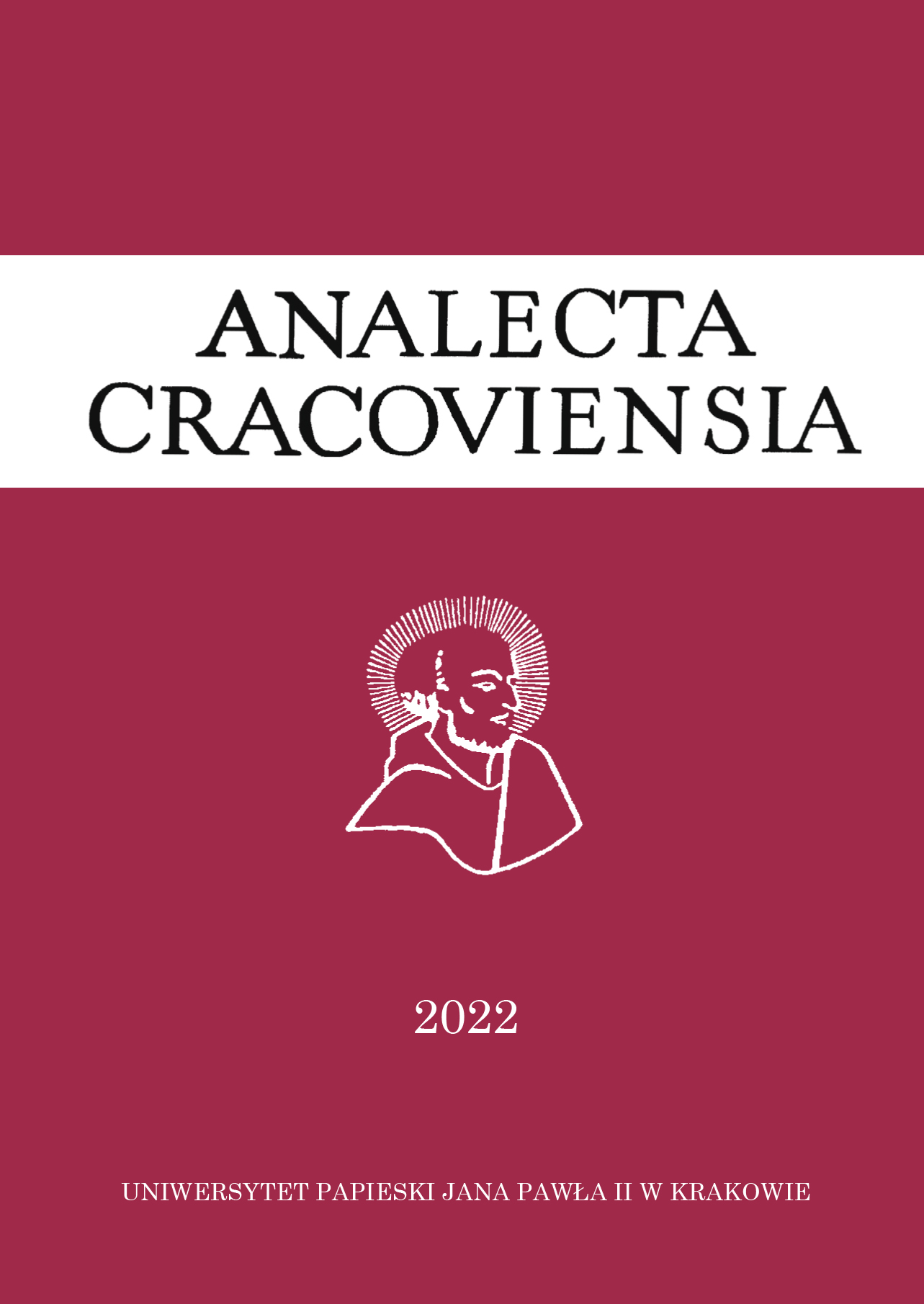Note on Probability of Logical Sentencesand the Linda Problem
DOI:
https://doi.org/10.15633/acr.5405Słowa kluczowe:
logika, prawdopodobieństwo, problem Lindy, wartościowania boolowskieAbstrakt
Niniejsza praca prezentuje koncepcję prawdopodobieństwa logicznego, która choć wydaje się oczywista, to autor nie znalazł nigdzie ani jej opracowania ani tym bardziej zastosowania do rozwiązania problemów filozoficznych. To prawdopodobieństwo formuły A, języka klasycznej logiki zdaniowej, jest ilorazem liczby wartościowań boolowskich, dla których formuła A przyjmuje wartość logiczną prawdy, do liczby wszystkich wartościowań boolowskich formuły A. To nowe pojęcie prawdopodobieństwa zostało zastosowane do podania alternatywnego rozwiązania problemu Lindy.
Bibliografia
Carnap R., Logical Foundations of Probability, Chicago 1950.
Hintikka J., On Semantic Information, in: Information and Inference, eds. J. Hintikka, P. Suppses, Dordrecht 1970, p. 3–27.
Lorenz D., Kooi B., Sack J., Logic and Probability, https://plato.stanford.edu/archives/sum2019/entries/logic-probability/ (15.12.2022).
Makinson D., Bridges from Classical to Nonmonotonic Logic, London 2005.
Mazurkiewicz S., Przyczynek do aksjomatyki rachunku prawdopodobieństwa. Zur Axiomatik der Warscheinlichkeitsrechnung, „Sprawozdania z Posiedzeń Towarzystwa Naukowego Warszawskiego. Wydział III nauk matematyczno-fizycznych” 25 (1933) no 1–6, p. 1–4.
Mazurkiewicz S., Über die Grundlagen der Wahrscheinlichkeitsrechnung I, “Monatshefte für Mathematik und Physik” 41 (1934), p. 343–352; https://doi.org/10.1007/BF01697866.
Olszewski A., A Few Comments on the Linda Problem, “Organon F” 24 (2017), p. 184–195.
Olszewski A., Linda Problem – the Tame Solution in Question, “Analecta Cracoviensia” 51 (2019), p. 209–217.
Tversky A., Kahneman D., Extensional versus Intuitive Reasoning: The Conjunction Fallacy in Probability Judgment, “Psychological Review” 90 (1983), p. 293–315; https://doi.org/10.1037/0033-295X.90.4.293.
Pobrania
Opublikowane
Numer
Dział
Licencja

Utwór dostępny jest na licencji Creative Commons Uznanie autorstwa 4.0 Międzynarodowe.
Obecnie autorzy publikujący w czasopiśmie udzielają jego wydawcy zgody o następującej treści:
- Autor zachowuje autorskie prawa majątkowe do utworu, a jednocześnie udziela wydawcy czasopisma zgody na jego pierwszą publikację w wersji drukowanej i wersji online na licencji Creative Commons Uznanie autorstwa 4.0 Międzynarodowe oraz zgody na wykonywanie opracowań, w tym przekładów.
- Autor ma możliwość udzielania zgody niewyłącznej na opublikowanie utworu w wersji, która ukazała się w czasopiśmie (np. zamieszczenia go w repozytorium instytucjonalnym lub opublikowania w książce), wraz z informacją o jego pierwszej publikacji w czasopiśmie.
- Autor może umieścić swój utwór online (np. w repozytorium instytucjonalnym lub na swojej stronie internetowej) jeszcze przed zgłoszeniem utworu do czasopisma.

